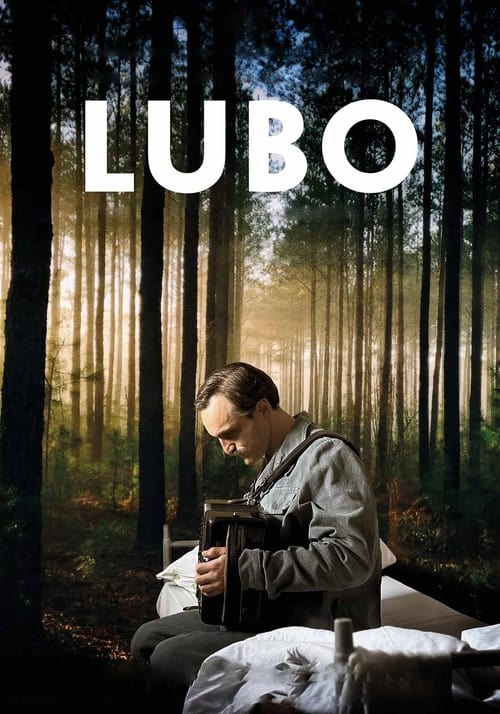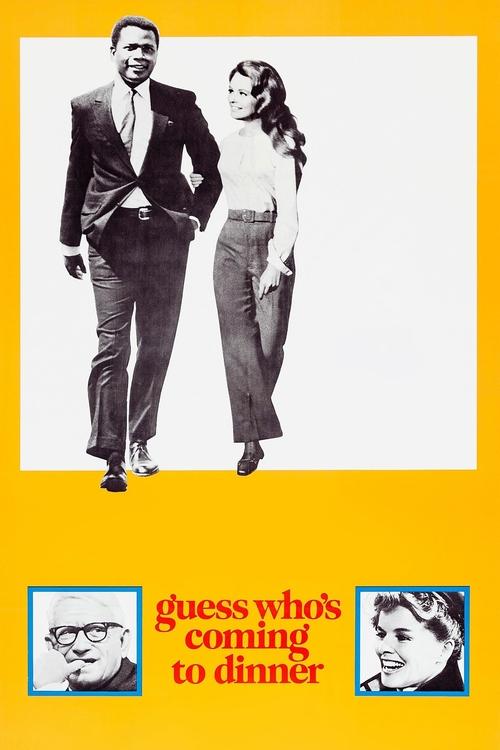
2023
Origin
Drama
7.0
User Score
71 Votes
Status
Released
Language
en
Budget
$38.000.000
Production
ARRAY Filmworks
Overview
While investigating the global phenomenon of caste and its dark influence on society, a journalist faces unfathomable personal loss and uncovers the beauty of human resilience.
Review
msbreviews
7.0
FULL SPOILER-FREE REVIEW @ https://fandomwire.com/origin-venice-film-festival-review-a-must-see-educational-story/
"Origin brilliantly transposes the pillars of caste from Isabel Wilkerson's book to the big screen through an incredibly revealing, genuinely fascinating narrative, despite becoming clear that the source material is better suited to a documentary.
The exceptionally human performances of the entire cast, especially Aunjanue Ellis, compensate for some lack of balance between emotionally personal dialogues and weighty lectures. Impactful imagery and an extremely stirring score make the audiovisual experience even more captivating.
It's not without issues, but it's one of the most important stories to watch/read this century."
Rating: B
Read More 
Geronimo1967
7.0
The acting is all really quite adequate here, but it's not really that important to the fascinating underlying premiss that underpins the theory that race, in itself, might not be the reasons for the hierarchical nature of a society that always manages to create sub-classes. Aunjanue Ellis-Taylor offers her own engaging perspective on author Isabel Wilkerson who is invited by a publisher to offer a more considered and less reactionary appraisal of race relations following the murder of a young black man who just happened to be in the wrong place (a white neighbourhood) at the wrong time. The audience know full well from the outset what has happened here, so that's not especially important to the plot either - it's her search for a rationale. That search attempts to draw parallels between the plight of the African American citizenry with the victims of Holocaust and of the system of caste that prevails in India. By spending a section of the film in Germany and then in India, we are exposed to a more internationalist view of just why society is made up of the have lots, the haves and the have nots - and at just how little much of that has changed for centuries. The comparison she develops works surprisingly convincingly, if not without it's flaws, and Ellis-Taylor acts well as a sort of sponge for the philosophies that emerge. The one element that it rather studiously avoids is religion. That isolation does rather compromise the authenticity of any conclusion as it doesn't acknowledge that so often the behaviour and structures of cultures are dictated by those atop them in some form of priesthood - whether they be Brahmin or Cardinal. There are a few familial sub-plots to add a bit of drama to the story, but I found them a little unnecessary as the theory elaborates more. It does come from a very specific American perspective - I'd be interested to see how it might turn out if it were to be remade from a Jewish or Indian point of view, but as it is - it's a thoughtful exercise in what makes human strata function and endure.
Read More 



